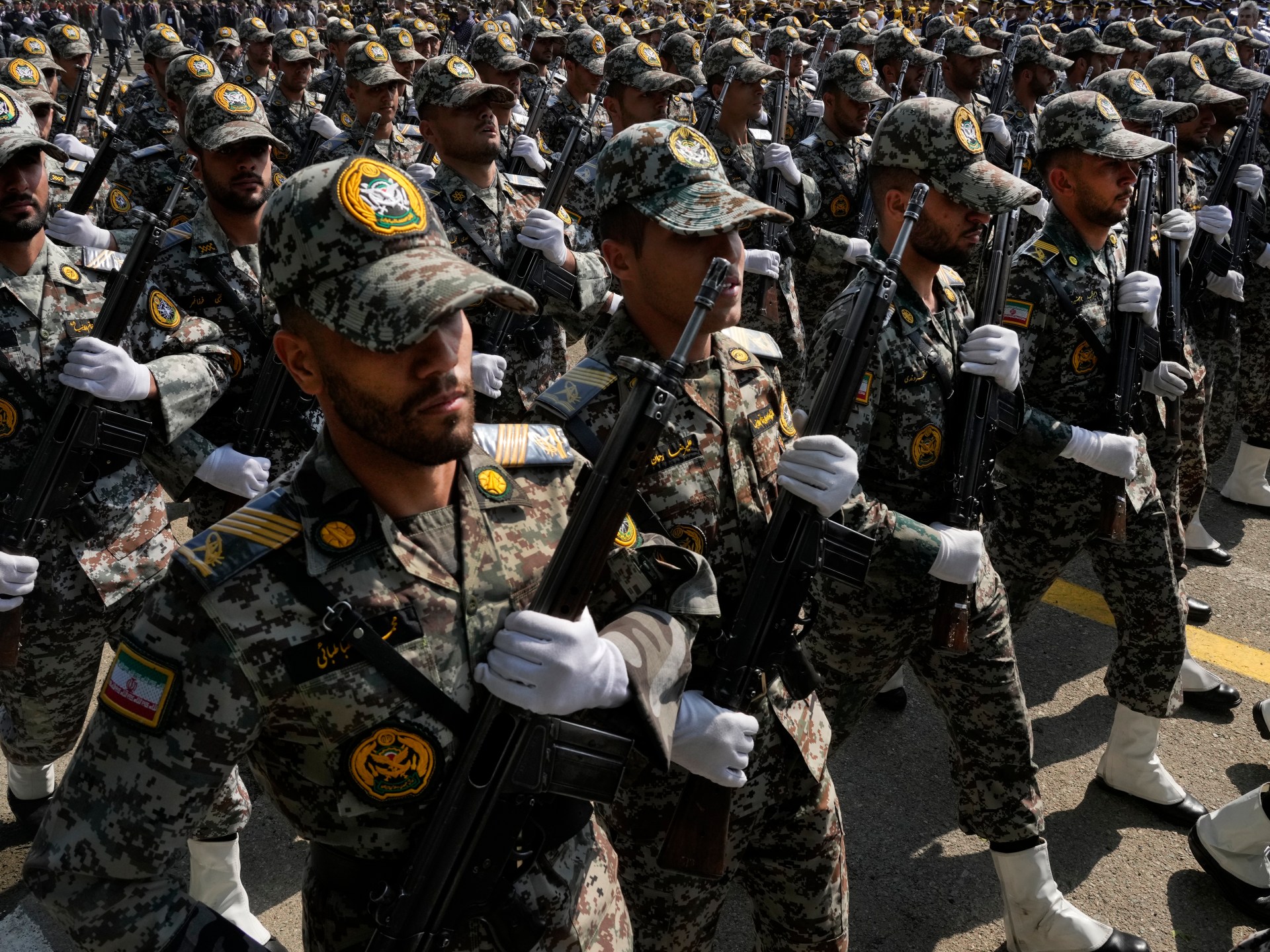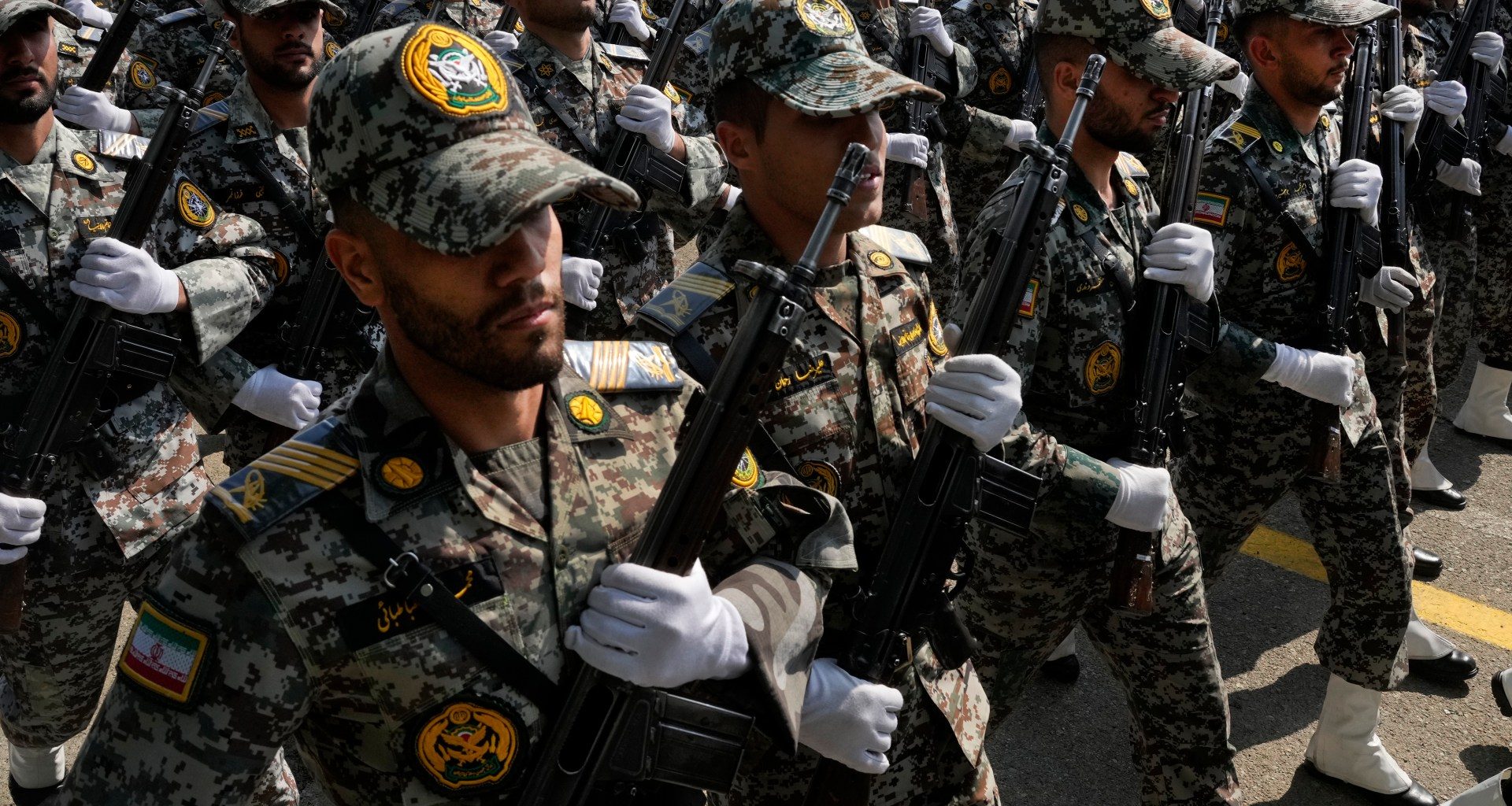
As regional tensions run high, Iran has paraded drones, missiles and soldiers to show it is ready for a response from Israel after launching an unprecedented attack on its archenemy.
Iran carried out its first-ever direct attack on Israel at the weekend in response to an April 1 air strike on the consular building of Iran’s embassy in Syria.
Iran’s attack “brought down the glory of the Zionist regime [Israel]”, President Ebrahim Raisi said at a military base on the outskirts of Tehran on Wednesday.
“This operation showed that our armed forces are ready,” he said in a speech to the regular army and Islamic Revolutionary Guard Corps for Army Day, a national holiday.
Wednesday’s parade saw the Iranian armed forces showcase a range of military equipment, including drones and long-range ballistic missiles.
Among them were multiple versions of the Ababil, Arash and Mohajer drones as well as the Dezful medium-range ballistic missile and S-300 air defence missile system.
Raisi reiterated warnings against “the slightest act of aggression” by Israel, saying it would lead to “a fierce and severe response”.
Israel has said it will respond to the weekend attack with military spokesman Rear Admiral Daniel Hagari saying Iran will not get off “scot-free”.
The Israeli army said most of the projectiles fired by Iran were shot down with the help of the United States and other allies and the attack caused only minimal damage.
Iran hailed the attack as “successful” and said it “achieved all its objectives”, including inflicting damage to an airbase and intelligence centre that it said was used by Israel to carry out the strike in Damascus.
On Wednesday, Iran’s air force commander, Hamid Vahedi, warned Iran’s enemies against making a “strategic error”.
“We are 100 percent ready on all aerial fronts,” he was quoted as saying by the ISNA news agency.
In his speech, Raisi also hit out at countries that had “sought to normalise relations” with Israel.
“These countries are now humiliated in front of their own people, which constitutes a strategic failure for the regime” of Israel, he said.
In 2020, the United Arab Emirates, Bahrain and Morocco normalised relations with Israel as part of the US-brokered Abraham Accords, vehemently criticised by the Palestinians.
Egypt and Jordan signed peace accords with Israel in 1979 and 1994, respectively.
Iran insisted its attack on Israel was limited and carried out in “self-defence” after the strike on its consular building.
It said it had informed the United States and given a 72-hour warning to neighbouring countries before the attack.
Read More: World News | Entertainment News | Celeb News
Al Jazeera










